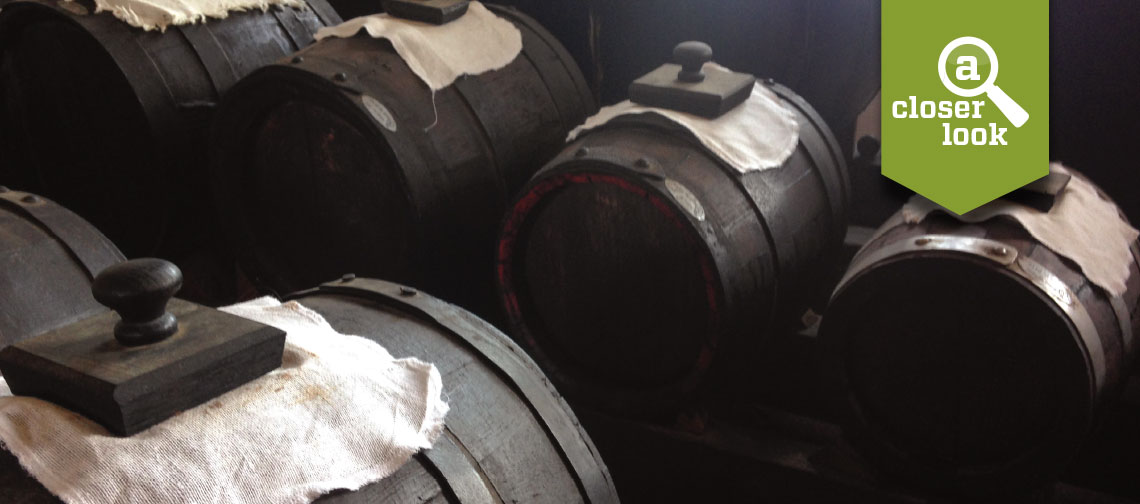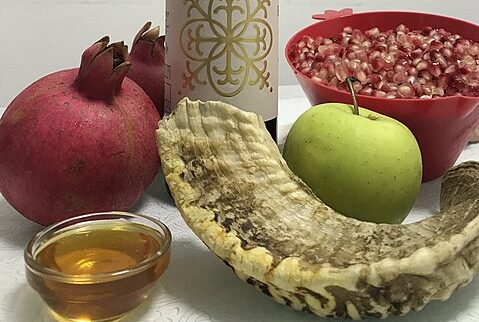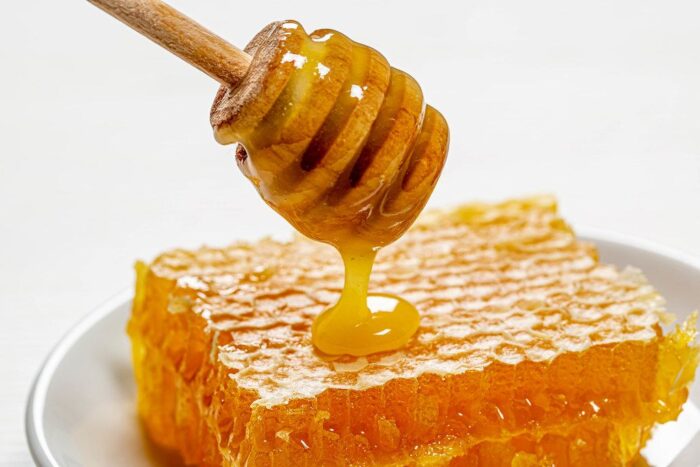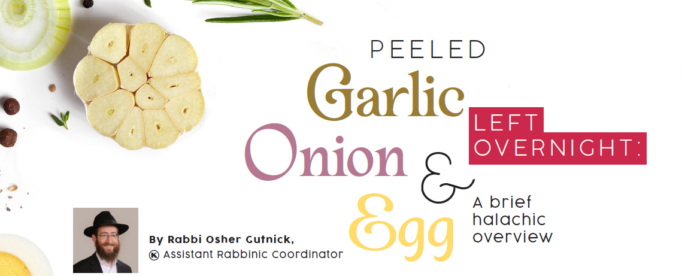The word vinegar is a combination of two French words, vin (wine) and aigre (sour). White vinegar, the most commonly used form, is a clear liquid with a sour taste, which is used to add taste in cooking, pickling, and salad dressings. It is also used as a preservative, and to help with cleaning and for medical purposes. The main ingredient is acetic acid which is diluted with water.
How is Vinegar Made?
Vinegar is made by fermenting alcohol into acetic acid. Alcohol itself is a fermentation from a carbohydrate (sugar) source. The first step is to ferment carbohydrates into alcohol. Fruit juices such as apple, grape, etc., or hydrolyzed starches such as corn, wheat, barley, etc., can all be used. When using starches they first need to be hydrolyzed by processing with enzymes and hot water, which breaks down the starches (long chains) into carbohydrates (smaller chains).
In this fermentation process, yeast breaks down the carbohydrates into alcohol and carbon dioxide. Carbon dioxide gas bubbles out of the fermenting solution into the air leaving a mixture of alcohol and water. The mixture is distilled to separate the water from the alcohol.
The next step is to ferment the alcohol into acetic acid. Acetic acid bacteria, along with nutrients to help its growth, is added to the alcohol to convert the alcohol into acetic acid. The acetic acid is filtered, and can be concentrated or diluted with water, sometimes pasteurized, and bottled.
Is Vinegar Kosher?
All ingredients, additives, and processing aids need to be kosher for the vinegar to be certified kosher. In the USA, the kashrus aspect is not as challenging as abroad, as white vinegar is typically made from corn (kitniyos for Passover). In the rest of the world, vinegar can be a kosher concern, since the alcohol can be derived from a grape source (Stam Yainom), dairy source, or from chometz sources such as, wheat and barley, which pose a real issue for Passover.
Since vinegar can be made from anything with sugar, there are many types of vinegar, depending on their ingredient origin and additives and each requires reliable kosher supervision. Balsamic vinegar and wine vinegar are both made from grapes and require more supervision than white and apple cider vinegars.
Since vinegar is considered a Davar Charif (sharp food), which is assur with kavush (when left in a vessel for 24 hours), even b’di’eved (done by mistake), and heat can be used in the process, it is imperative that the equipment is dedicated to kosher products, or kosherized after each non-kosher run.
Rabbi Hendel is a member of the OK Kosher Vaad HaKashrus.


 EN
EN  ZH
ZH  KR
KR  BR
BR  ES
ES  IN
IN  IL
IL 




